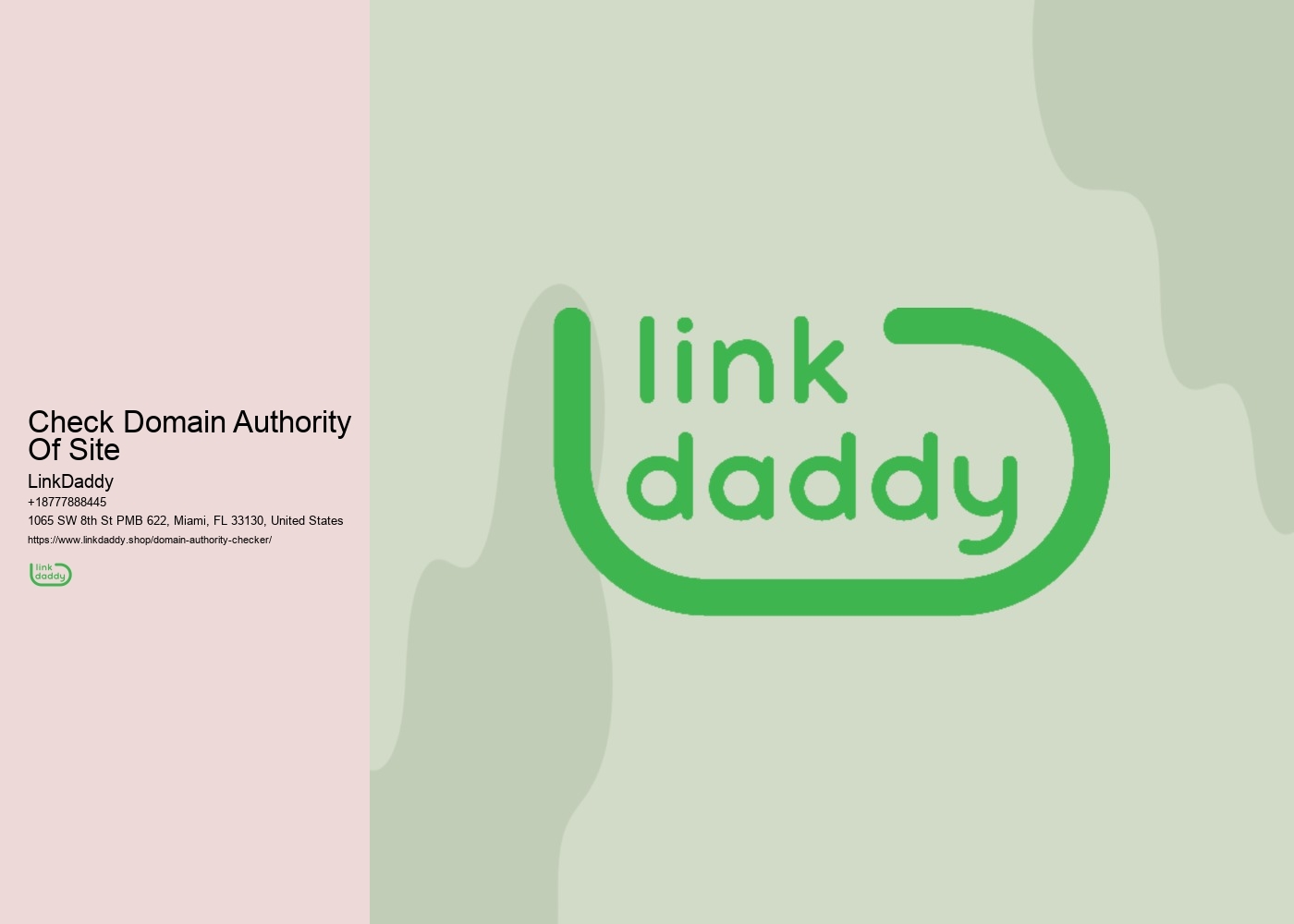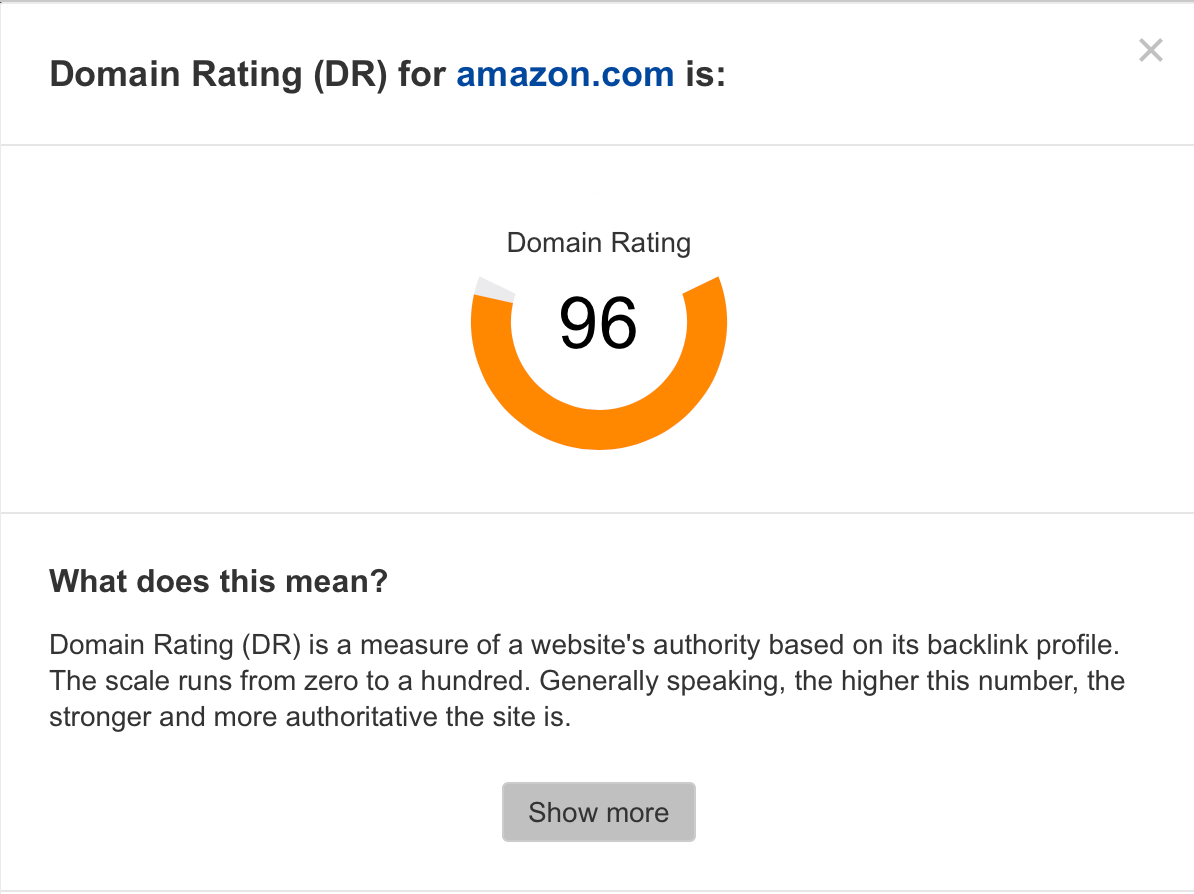

Do you ever wonder how websites get ranked on search engines? Have you ever asked yourself why some websites appear higher up on the results page than others?
Cracking the Code: Website Domain Ranking Demystified will answer these questions and more. This comprehensive guide will explain the fundamentals of domain ranking and how to use search engine algorithms, content quality, keywords and metadata, domain authority, social signals, linking strategies, and tracking and analyzing to optimize your website's ranking.
With this guide, you'll have all the tools you need to take your website to the top of the search engine results.
As a webmaster or digital marketer, understanding how website domain rankings work is essential for achieving success online. Domain ranking is a measure of the popularity and relevance of a website relative to other sites on the web.
It is determined by search engine algorithms that assess a website's content, quality of backlinks, and a range of other factors. The higher the domain ranking, the better the website will perform in search engine results pages.
Domain rankings can also influence customer engagement, as users tend to trust higher-ranking sites more. Consequently, it is important to monitor and improve domain rankings with SEO best practices such as optimizing content, building backlinks, and increasing website speed.
Frequently, search engines and algorithms are the major influencers of website domain rankings. Search engines determine the relevancy of domain content through the use of algorithms -- complex equations that are constantly updated.
This allows websites to be ranked according to their relevance and how closely they match the search criteria set by the user. The algorithms use many factors to decide the ranking of a website, including keyword use, page titles, page content, backlinks, meta tags, and more.
Search engines also use a variety of techniques such as crawling, indexing, and caching to ensure the most up-to-date and relevant information is available. By understanding the basics of search engine algorithms, website owners can optimize their content and improve their domain ranking.

In addition to the various search engine algorithms used to determine website rankings, content quality is also a major factor. Quality content is defined as content that is well written, relevant, and valuable to the reader.
Search engines scan for keyword density, quality of writing, and topic relevancy to determine if content is worth displaying. Poorly written content, or content that is not relevant to the topic, can negatively impact website rankings.
To maximize website rankings, content should be written with the reader in mind. Content should be relevant, engaging, and informative. Additionally, content should be free of grammar and spelling errors. Quality content can help search engine algorithms recognize a website's value and therefore, increase its rankings.
Digging deeper into website rankings, keywords and metadata play an important role in boosting domain rankings. Metadata is the information about a website, such as its purpose, author, etc.
Keywords are words and phrases used to describe content, and they should be strategically placed in titles, page descriptions, and headings. Both of these factors can help search engine crawlers understand the content of a website, making it easier for them to index and rank that website.
It is important to use relevant keywords that accurately describe the content of the site and make sure the metadata is up-to-date. Using the right keywords and metadata can help a website stand out in a crowded online marketplace and increase its ranking.

Although domain authority is an essential part of website rankings, it can be difficult to understand how it works. Generally, domain authority is determined by an algorithm that evaluates a website's overall relevance, trustworthiness, and quality.
It is calculated based on a combination of factors including backlinks, the number of pages indexed, and the age of the domain. The higher the domain authority, the higher a website will rank in search engine results. Domain authority is a good indicator of the quality of a website and should be taken into consideration when developing a website.
It is important to optimize the website in order to increase its domain authority. Strategies such as creating high-quality content, building backlinks, and optimizing internal links can all help to increase a website's domain authority.
Social signals are one of the key indicators of website domain ranking. This includes the number of social media followers, likes, shares, comments, and other forms of engagement on a given website.
In essence, social signals are seen as an endorsement of a website's content and services, and are thus important for improving domain authority and ranking. Search engines use social signals to gauge the popularity of a website, which in turn is used to determine its ranking.
Additionally, social signals also help to drive organic traffic to websites, making them even more visible and authoritative. It is therefore important for website owners to optimize their social media presence in order to increase their domain ranking.

The cost of improving your website's domain ranking depends on several factors, such as the complexity of the website, the level of optimization needed, and the size of the target market. Generally speaking, you can expect to pay anywhere from a few hundred dollars to several thousand dollars for a comprehensive website optimization package. This package typically includes tasks such as keyword research, content optimization, link building, and other SEO activities. In addition to the initial cost, ongoing maintenance and optimization may also be necessary to maintain a good domain ranking over time.
Analyzing competitors is an important part of developing a successful linking strategy. The amount of time spent analyzing competitors should be relative to the size of the project and the amount of competition. If the project is large and the competition is fierce, more time should be spent on competitor analysis. On the other hand, if the project is small and there is little competition, less time should be spent on competitor analysis. It is important to consider the scope of the project and the amount of competition when determining how much time to spend analyzing competitors.
It is difficult to determine how much you should budget for website optimization without knowing the size and complexity of the website. Generally speaking, website optimization can be costly, depending on the services you require. Factors such as website design and development, hosting, content marketing, SEO, and other technical aspects all come into play when determining how much you should budget for website optimization. You should also consider the time involved in optimizing your website, as well as the cost of any tools or resources you may need. Ultimately, the amount you should budget for website optimization will depend on the scope of the project and your individual needs.